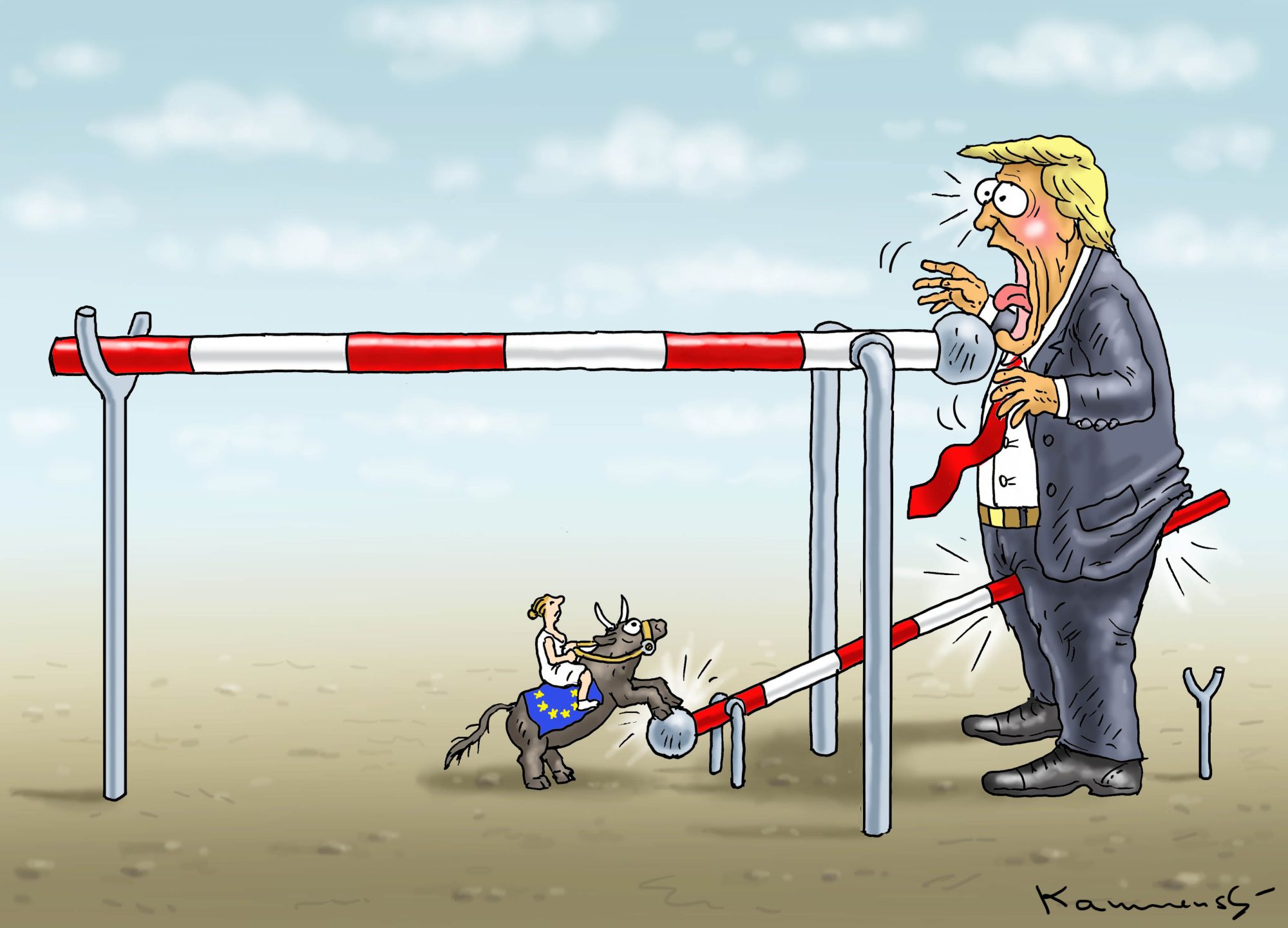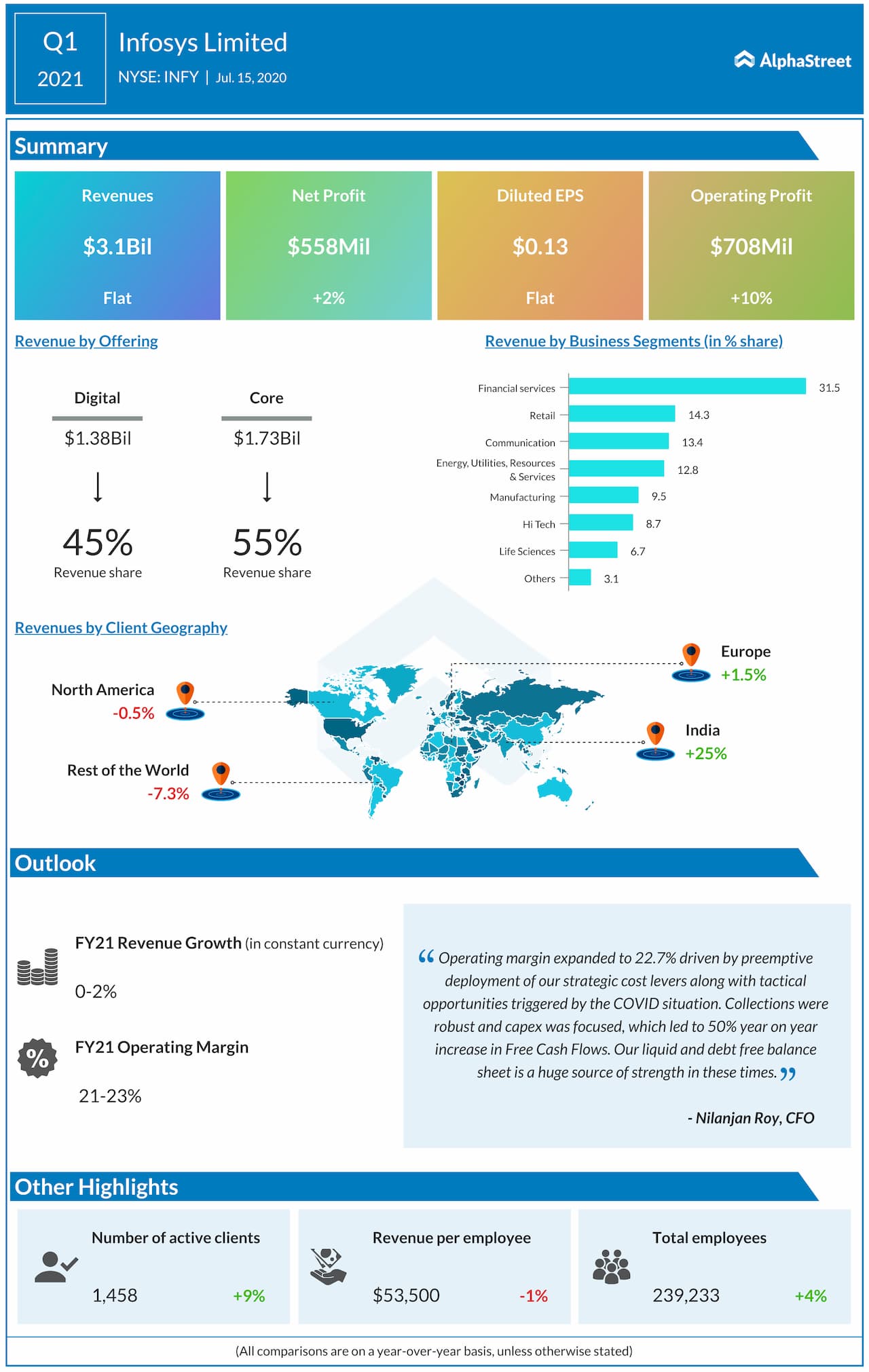Trump's Trade War With Europe: Understanding The Reasons Behind His Outrage

Table of Contents
The trade war didn't erupt overnight. Key events included the imposition of steel and aluminum tariffs in March 2018, followed by retaliatory tariffs from the EU, and escalating disputes over aircraft subsidies. These actions marked a dramatic shift in transatlantic relations, moving away from decades of collaborative trade partnerships. This analysis aims to dissect the complex motivations fueling Trump's confrontational trade policy towards Europe.
The "America First" Ideology and its Impact on Trade Policy
The "America First" ideology, a central tenet of the Trump administration, fundamentally reshaped US trade policy. This nationalist approach prioritized domestic interests above international cooperation, leading to a protectionist stance characterized by:
- Protecting American industries and jobs: The administration frequently cited the need to safeguard American jobs from foreign competition, particularly from European manufacturers.
- Prioritizing bilateral trade deals over multilateral agreements: Trump withdrew the US from the Trans-Pacific Partnership (TPP) and repeatedly criticized the World Trade Organization (WTO), favoring bilateral deals perceived as more advantageous to the US.
- Using tariffs as a primary tool to achieve economic goals: Tariffs were imposed not just as retaliatory measures but as a tool to leverage concessions from trading partners.
From Trump's perspective, European trade practices were deemed unfair, resulting in a perceived trade deficit and harming American businesses. Specific examples include high tariffs on certain American agricultural products and what were perceived as unfair subsidies provided to European companies, creating an uneven playing field.
Specific Grievances with European Trade Practices
Several European trade practices fueled Trump's outrage and aggressive trade actions. These included:
- High tariffs on certain US agricultural products: Tariffs imposed by the EU on American agricultural goods, such as soybeans and pork, were frequently cited as examples of unfair trade barriers.
- Concerns about non-tariff barriers to trade: The Trump administration highlighted various regulatory hurdles and bureaucratic processes in Europe that they argued hindered American exports.
- Disputes related to intellectual property rights: Concerns regarding the protection of American intellectual property in Europe contributed to the trade tensions.
- The Airbus-Boeing subsidy dispute: This long-standing dispute, involving allegations of government subsidies to both aircraft manufacturers, intensified during Trump's presidency and led to retaliatory tariffs on both sides.
The economic impact of these trade practices was significant, with billions of dollars in trade affected by tariffs and retaliatory measures. Precise quantification is difficult due to the complexity of the intertwined economic relationships, but the impact on specific sectors, such as agriculture and aerospace, was undeniable.
The Role of the WTO and its Perceived Ineffectiveness
The World Trade Organization (WTO) plays a crucial role in resolving trade disputes, but the Trump administration expressed profound dissatisfaction with its effectiveness. Key criticisms included:
- Slow dispute resolution processes: The length of time it took to resolve trade disputes through the WTO was seen as inadequate.
- Perceived bias against the US: The administration alleged that the WTO was biased against the US, not effectively addressing American concerns.
- Lack of enforcement mechanisms: Trump’s team felt that the WTO lacked sufficient mechanisms to enforce its rulings, rendering its decisions largely toothless.
Trump's withdrawal from various WTO agreements further highlighted his dissatisfaction with the organization and its perceived shortcomings in addressing US trade concerns. This action raised concerns about the future of multilateral trade governance and the potential for a further breakdown of international trade rules.
Political Considerations and Domestic Politics
Domestic political considerations heavily influenced Trump's trade policy. His actions can be viewed through the prism of:
- Appealing to his base by emphasizing protectionist measures: Imposing tariffs and taking a tough stance against foreign competition resonated with his base of voters who felt disadvantaged by globalization.
- Using trade as a bargaining chip in other negotiations: Trade policy was often used as leverage in other negotiations, such as those concerning national security or immigration.
- Diverting attention from domestic issues: Trade disputes sometimes served as a distraction from other domestic political challenges facing the administration.
The political implications of Trump's actions were far-reaching. His confrontational approach strained relations with traditional US allies in Europe, raising questions about the future of the transatlantic partnership.
Conclusion: Understanding the Complexities of Trump's Trade War with Europe
Trump's aggressive trade actions against Europe stemmed from a confluence of factors, including his "America First" ideology, specific grievances with European trade practices, dissatisfaction with the WTO, and domestic political calculations. The "Trump's Trade War with Europe" significantly impacted global trade and international relations, leaving a legacy of heightened trade tensions and uncertainty. The Trump-era trade war serves as a stark reminder of the complexities of international trade and the potential consequences of protectionist policies. To fully grasp the lasting consequences of this period, further research into the intricacies of US-EU trade tensions under Trump is crucial. Explore reputable academic journals, think tank publications, and government reports to gain a deeper understanding of this impactful chapter in global trade history.

Featured Posts
-
 Apple Stock Navigating Key Levels Ahead Of Q2 Earnings
May 25, 2025
Apple Stock Navigating Key Levels Ahead Of Q2 Earnings
May 25, 2025 -
 Arda Gueler E Uefa Dan Sok Real Madrid E Sorusturma
May 25, 2025
Arda Gueler E Uefa Dan Sok Real Madrid E Sorusturma
May 25, 2025 -
 Can Alex Eala Make A Mark At The French Open
May 25, 2025
Can Alex Eala Make A Mark At The French Open
May 25, 2025 -
 I Naomi Kampel Stis Maldives Oikogeneiakes Diakopes Se Eksotiko Proorismo
May 25, 2025
I Naomi Kampel Stis Maldives Oikogeneiakes Diakopes Se Eksotiko Proorismo
May 25, 2025 -
 Global Healthcare Transformation Insights From The Philips Future Health Index 2025 On Ai
May 25, 2025
Global Healthcare Transformation Insights From The Philips Future Health Index 2025 On Ai
May 25, 2025
